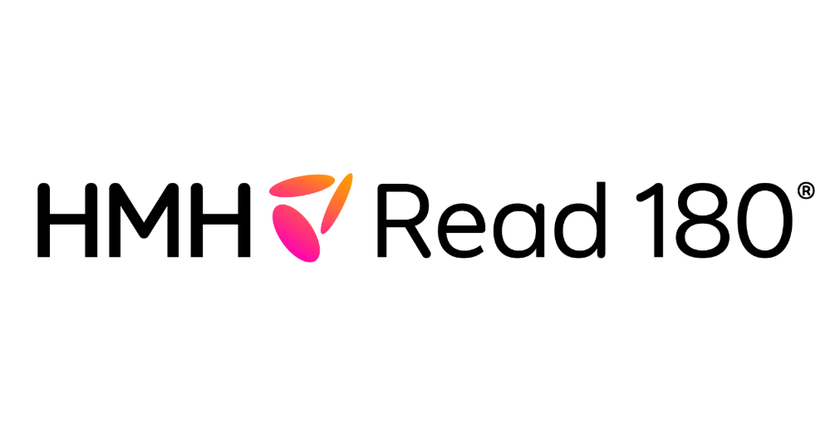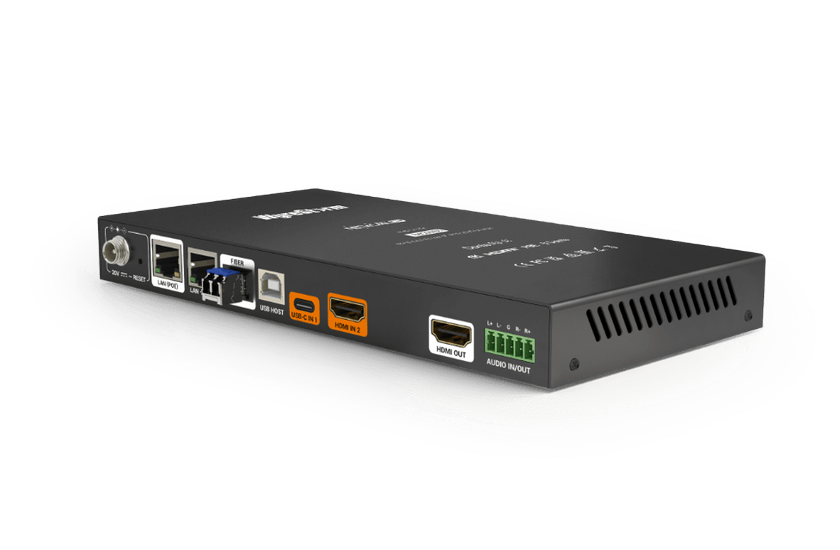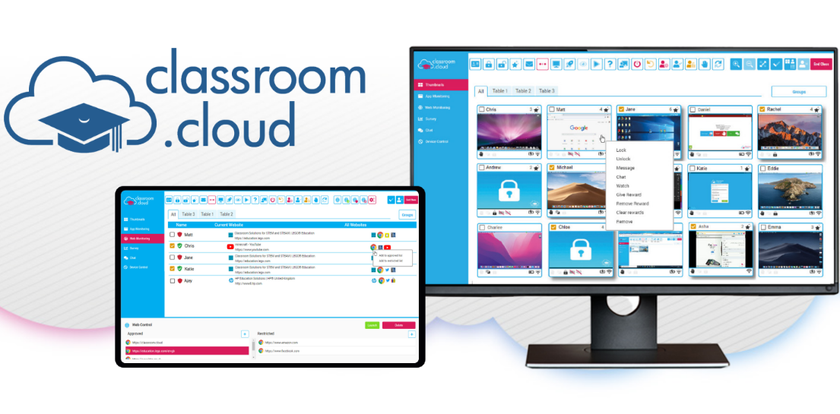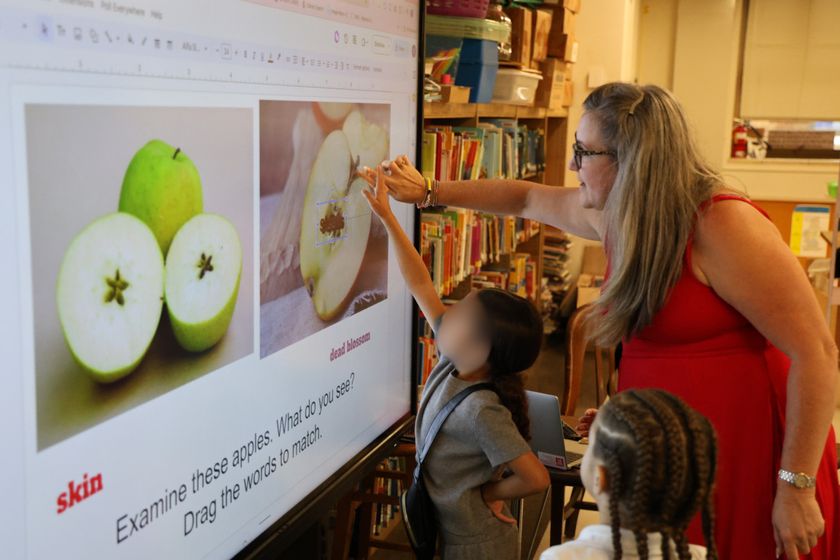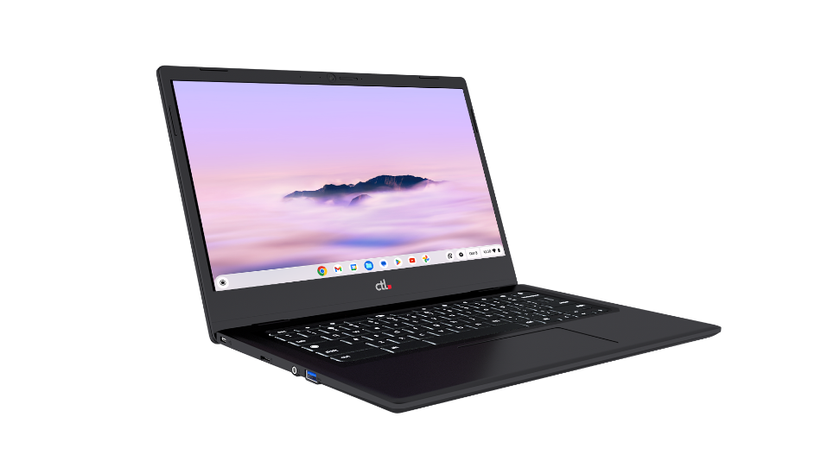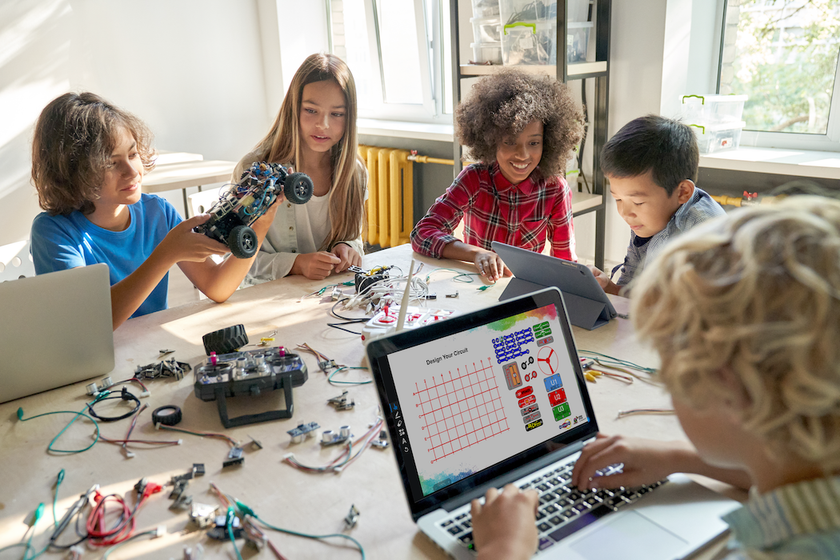EDITOR’S NOTE: SURVEY SAYS?

Unfortunately, it’s time again for the annual Luddite-inspired “Computers-are-no-good-for-children!” debate. Last month, the Organisation for Economic Co-operation and Development released its study, “Students, Computers and Learning: Making The Connection.” The survey, which was conducted in 2012, concludes that the more students used computers at school, the lower they scored on reading and math assessments, as measured by the Program for International Student Assessment (PISA). I would not usually recommend reading such tripe, but when purported experts come out with quotes like, “Those that use the Internet every day do the worst,” it’s important to understand the depth of the ignorance (Go to techlearning.com/nov15 for the direct link).
A more enlightened approach comes from The American Academy of Pediatrics, which is making changes to its guidelines for children and screens. Those results (also available at the link above) remove specific prescriptions regarding how much tech is too much and simply acknowledge the present reality: “In a world where ‘screen time’ is becoming simply ‘time,’ our policies must evolve or become obsolete. The public needs to know that the Academy’s advice is science-driven, not based merely on the precautionary principle.” The report goes on to list a number of common sense practices.
For 35 years, Tech & Learning has been covering the evolution of technology in the classroom (check out David Warlick and Gwen Solomon’s recollections on page 34). Over the years there have been plenty of bogeymen warning of the dangers of edtech. Most of those warnings were completely overblown. While I would prefer to just ignore the naysayers, it is important to call them out or else they may infect general public perception.
— Kevin Hogan
Content Director
khogan@nbmedia.com
Tech & Learning Newsletter
Tools and ideas to transform education. Sign up below.

